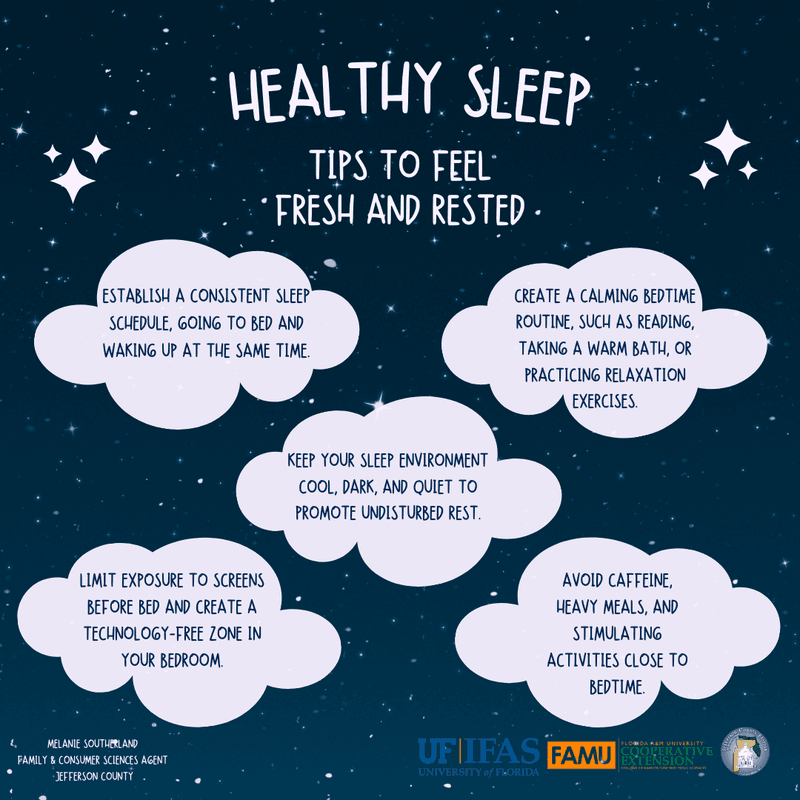Starting your day on the right foot can set the tone for everything else that follows. While every day presents its own set of challenges, cultivating a series of positive habits can greatly influence your mood and productivity. These habits don’t require drastic changes but can be seamlessly integrated into your everyday routine. From the moment you wake up to the time you go to bed, these small adjustments can make a noticeable difference. Embracing these habits will not only help you face the day with increased energy and focus but will also contribute to your overall well-being. Explore these 14 habits that promise to uplift your spirits and enhance your daily experiences.
1. Wake Up Early

Rising with the sun can be a game-changer. It allows you to embrace the tranquility of the morning and prepare mentally for the day. Increasing your wake-up time gradually can lead to reduced stress and increased productivity.
Early risers have the luxury of time to plan their day, enjoy a peaceful breakfast, and even engage in some light exercise. This quiet time can be used for personal growth activities like reading or meditation. The world is quieter, giving you the chance to start your day calmly and clearly.
2. Hydrate First Thing

Starting your day with a glass of water can rehydrate your body and kick-start your metabolism. Water first thing in the morning helps flush out toxins and prepares your digestive system for the day ahead.
This simple act can improve your skin health, boost your energy levels, and even support weight management. It’s a quick, easy habit that can be incorporated into your morning routine without hassle. Many find that this habit helps them feel more awake and refreshed, setting a positive tone for the rest of the day.
3. Practice Gratitude

Reflecting on what you’re grateful for can shift your perspective and improve mental health. Starting the day with a gratitude journal helps you focus on the positives, reducing stress and anxiety.
Writing down a few things you’re thankful for can enhance your emotional well-being. It’s a moment to pause and appreciate the good in your life, creating a foundation for joy. This practice can also improve relationships, as acknowledging what you value in others boosts empathy and happiness.
4. Exercise Regularly

Incorporating regular exercise into your routine can boost your mood and energy levels. Whether you prefer yoga, jogging, or a simple home workout, physical activity releases endorphins that make you feel good.
Exercise enhances physical health and mental clarity, helping you tackle daily tasks with ease. Even short sessions can make a significant difference. The key is consistency, finding an activity you enjoy, and making it a regular part of your life.
5. Eat a Nutritious Breakfast

A nutritious breakfast fuels your body and brain for the day ahead. Opt for a balanced meal that includes proteins, healthy fats, and carbohydrates. This provides sustained energy and helps you focus better.
Skipping breakfast can lead to decreased concentration and energy crashes. Instead, savoring a wholesome meal can make mornings more enjoyable. Including a variety of foods ensures you get essential nutrients, setting a solid foundation for the day.
6. Set Daily Goals

Setting clear, achievable goals each day can guide your actions and boost productivity. Prioritize tasks and break them into manageable chunks. This approach reduces overwhelm and provides a sense of accomplishment.
Reviewing and adjusting your goals as needed allows for flexibility. Celebrating small victories can be motivating, keeping you focused on your objectives. This habit fosters a proactive mindset, enabling you to approach each day with purpose and clarity.
7. Take Short Breaks

Regular short breaks during work or study sessions can rejuvenate your mind and prevent burnout. They help maintain concentration and creativity, allowing you to return to tasks with renewed vigor.
Whether it’s a walk, a quick stretch, or a moment of mindfulness, breaks are essential. They provide a pause that enables you to refocus and approach challenges from a fresh perspective.
8. Connect with Loved Ones

Spending quality time with family or friends can enhance your mood and strengthen relationships. Human connection is vital for emotional well-being and offers a sense of belonging.
Engaging in meaningful conversations or activities with loved ones can provide support and joy. These connections remind us of our shared experiences and values, fostering happiness and reducing feelings of isolation.
9. Practice Mindfulness

Mindfulness brings you into the present moment, reducing stress and increasing awareness. Practicing mindfulness can be as simple as focusing on your breath or observing your surroundings without judgment.
This practice encourages a calmer mindset, helping to manage emotions and improve concentration. It allows you to respond thoughtfully to situations instead of reacting impulsively.
10. Read or Learn Something New

Dedicating time to read or learn daily stimulates your mind and broadens your horizons. Whether it’s a book, an article, or an online course, continuous learning keeps your brain active and engaged.
This habit fosters curiosity and personal growth, offering new perspectives and insights. It can be an enjoyable part of your routine that contributes to self-improvement and knowledge expansion.
11. Limit Screen Time

Reducing screen time, especially before bed, can improve sleep quality and mental health. Excessive screen use can lead to eye strain and reduced focus, impacting your day negatively.
Setting boundaries around device usage helps create a balanced lifestyle. Engaging in offline activities promotes relaxation and a more restful sleep, ensuring you wake up refreshed.
12. Spend Time Outdoors

Nature offers tranquility and a break from daily stresses. Spending time outdoors can improve mood, boost creativity, and support physical health. The fresh air and sunlight are invigorating.
A simple walk in the park or a hike can provide perspective and calmness. Nature invites you to slow down, appreciate beauty, and reconnect with yourself and the world around you.
13. Reflect on the Day

Taking time to reflect on your day before bed can offer insights and foster gratitude. Journaling thoughts and experiences can help you understand what went well and what could be improved.
This habit allows for self-discovery and emotional processing, promoting a positive mindset. Reflection encourages growth and a deeper appreciation for life’s lessons and achievements.
14. Get Enough Sleep

Quality sleep is crucial for physical and mental health. Ensuring you get enough rest each night supports cognitive function, mood regulation, and overall well-being.
Developing a calming bedtime routine can enhance sleep quality. Sleep helps you recover and prepare for the next day, making it an essential component of daily happiness.

